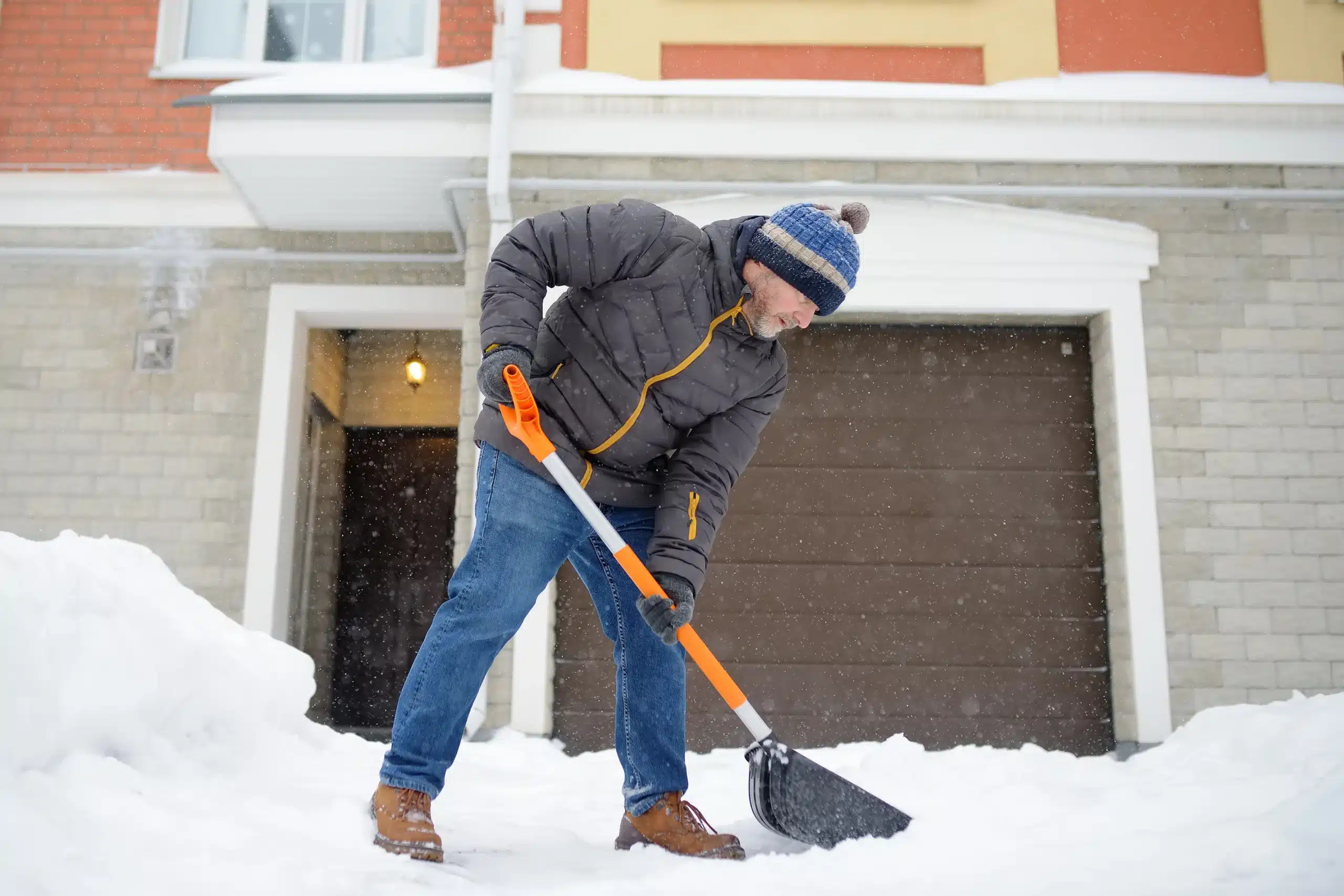
Our region is not exactly known for its harsh winter weather. That being said, winter storms can affect every state in the Continental U.S., including Louisiana. The Southern Climate Impacts and Planning Program (SCIPP) notes that while freezing along the Gulf Coast itself is relatively rare, it can happen. Further, you do not have to go far from the shore before the risk of winter weather rises significantly. At Insurance Claim HQ, we want to make sure that you have access to the knowledge and resources to prepare for winter storms. Here, our New Orleans storm damage lawyer provides a guide for preparing your home for a winter storm.
Winter Storm Preparedness: Five Tips You Can Use
A winter storm can cause extreme damage to your property—especially if you are not properly prepared for the risk. Even homeowners in Louisiana and other parts of the Gulf Coast region should be prepared for some level of a winter storm risk.
While less common here, they can be just as destructive. A proactive approach can make the difference. Here are five tips that you can use to prepare your home (and yourself) against the risk of a major winter storm:
- Weatherproof Your Home: One of the most effective ways to prepare for a winter storm is to weatherproof your home. To start, you should inspect your windows, doors, and walls for cracks, gaps, or leaks that could let cold air in and warm air out. It is a best practice to use weatherstripping or caulking to seal gaps around windows and doors. You should consider adding insulation in your attic, walls, and basement to improve energy efficiency and keep your home warm during a winter storm.
- Protect Your Pipes: The pipe burst threat during a winter storm is serious—especially in the Southeastern United States. Freezing temperatures pose a significant risk to your home’s plumbing system. Frozen pipes can burst—and that can cause very costly water damage. To protect your pipes, you should proactively insulate those located in unheated areas like basements, crawl spaces, garages, or attics. Foam insulation or heat tape can provide extra protection against the cold. On especially frigid nights, it is best to allow a small trickle of water to run from faucets connected to exposed pipes. Running water is less likely to freeze.
- Ensure Your Heating System is Maintained: How does your heating system work? Is it well-maintained and properly functioning? You will want to make sure it is ready to go before the cold season arrives. Be sure to replace or clean filters to allow for better airflow and reduce energy consumption. Taking some basic steps will ensure your heating system can keep your home warm even if a bad winter storm hits the region.
- Monitor the Winter Storm Weather Reports: You should stay informed about upcoming winter storms by regularly checking local weather forecasts and alerts. Reliable sources like the National Weather Service or weather apps can provide accurate updates on storm timing, severity, and potential hazards. All homeowners should pay attention to advisories—from freeze watches to winter storm warnings.
- Create an Emergency Preparedness Kit: Finally, all homeowners should have a comprehensive emergency preparedness kit. Along with other things, your kit should include bottled water, non-perishable food, flashlights, extra batteries, blankets, warm clothing, and a first aid kit. You should add a battery-powered radio to stay updated if the power goes out. By having these essentials ready, you will be best prepared to take on a winter storm.
How to Deal With Winter Storm Damage
Did your home sustain significant damage in a winter storm? You need to take immediate action to protect your safety, your rights, and to put the pieces back together. Along with other things, this means preparing to file for benefits through your property insurance policy. Here are five steps to take to deal with winter storm damage:
- Make Sure Yourself and Your Family are Safe: Safety is always the absolute most important priority after a major winter storm. You should check for any immediate hazards—such as downed power lines, gas leaks, or structural damage to your home. If you smell gas or see broken utility lines, it is imperative that you evacuate the area right away and contact the police and/or other emergency services. If your home has lost power, be cautious when using alternative heating sources like generators, wood stoves, or space heaters to prevent carbon monoxide poisoning and reduce the risk of fire hazards.
- Document the Damage to Your Property: Once it is safe to do so, you should carefully and comprehensively document the damage caused by the winter storm. Indeed, homeowners should take detailed photos and videos of all affected areas—from your roof to your walls to your pipes to any personal belongings that were damaged by the storm. Capture wide shots as well as close-ups to provide a comprehensive record. After you have visual evidence, you should write down a list of all damaged items and their approximate value.
- Gather Your Insurance Policy Details: After documenting the damage, take a moment to track down your homeowners’ insurance policy. You should notify your insurer that your home sustained damage in a covered loss as soon as possible. Do not delay in notifying your insurance provider. Make sure that you understand the scope of your property insurance coverage. Look for details such as your deductible, coverage limits, and specific provisions related to winter storm damage or storm damage in general.
- File a Storm Damage Claim: The initial notice to your insurance company that your home was damaged in a winter storm is not the same thing as filing for benefits. Once you have gathered the necessary information, you should file a storm damage claim with your property insurance company. Your claim should be supported by evidence―and you will likely need to provide your insurer with photos, videos, and documentation. You will need to schedule an inspection with the insurance adjuster.
- Seek Professional Legal Representation: You do not have to take on the winter storm damage claims process alone. If you encounter any challenges with your insurance claim—such as confusion about how to file, delays for the insurer, a lowball settlement offer, or an outright denial of benefits—seek professional legal representation. An experienced New Orleans storm damage attorney can help you navigate the complexities of insurance policies, advocate for your rights, and negotiate a fair settlement.
Why Rely On Insurance Claim HQ for a Storm Damage Claim
Even in the Gulf Coast region, winter storms can happen. As most communities in the region are not as used to winter weather, proper preparation is a must. It is crucial that you and your home are ready for a winter storm. At Insurance Claim HQ, we know that a disaster should not leave you in pieces. Property insurance companies need to be held accountable for paying claims in full—without any unreasonable or unnecessary delays. Our record of case results tells the story best. We are proactive and solutions-focused.
Schedule Your Free Consultation a Top Winter Storm Damage Lawyer Today
At Insurance Claim HQ, our New Orleans property damage attorneys have the legal knowledge that you can rely on. If you have any specific questions or concerns about a storm damage claim, we are here to help. Contact us today to arrange your free, no-strings-attached initial case review. We handle storm damage claims for homeowners and businesses in New Orleans, Louisiana, and throughout the wider Gulf Coast region.
